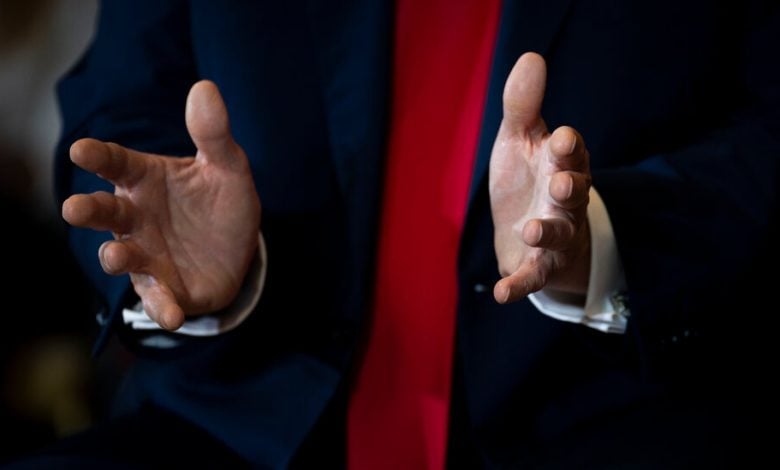How the Pro-Life Movement’s Deal With Trump Made America More Pro-Choice

The captivity of the pro-life movement to the character of Donald Trump is a crucial aspect of contemporary abortion politics. But maybe not quite in the way suggested by Trump’s decision this week to publicly distance himself from his pro-life supporters by refusing to endorse national restrictions on late-term abortions.
That refusal was a sign of the anti-abortion movement’s political weakness but not necessarily a major blow to its cause. The contemplated legislation was unlikely to pass the Senate no matter what stance Trump took, and positioning the G.O.P. as a defender of state-based regulation usefully focuses abortion opponents on their most important challenge: defending the abortion restrictions that are already on the books in conservative states, and finding ways to win over the voters who have turned against the pro-life side in every post-Dobbs referendum — with Arizona looming as the next battleground now that its Supreme Court has upheld an 1864 law that bans nearly all abortions.
The problem for pro-lifers is that these efforts at persuasion have become markedly less effective over a timeline that overlaps closely with Trump’s takeover of the Republican Party. The captivity of abortion opponents, in this sense, isn’t about the specific policy stances that Trump might choose and that they might then have to reluctantly accept. It’s about the ways in which a Trumpist form of conservatism seems inherently to make Americans more pro-choice.
For most of my lifetime, public opinion on abortion was fairly stable, leaning pro-choice but with a strong pro-life minority and a lot of people in the middle expressing support for some restrictions but not others. But since the mid-2010s there has been a clear shift in favor of abortion rights: More Americans support abortion without restriction that at any point since Roe v. Wade was handed down.
You can tell various stories about these numbers that do not implicate Trump himself. For instance, America has become notably less Christian and less socially conservative, and maybe it stands to reason that as the country turned left on issues like same-sex marriage or marijuana legalization, it would swing left on abortion as well.
Or again, it was clear that Roe was threatened well before Dobbs was issued, so maybe it was the prospect of abortion being back in the political arena that focused the minds of abortion moderates and made them more solidly pro-choice.
